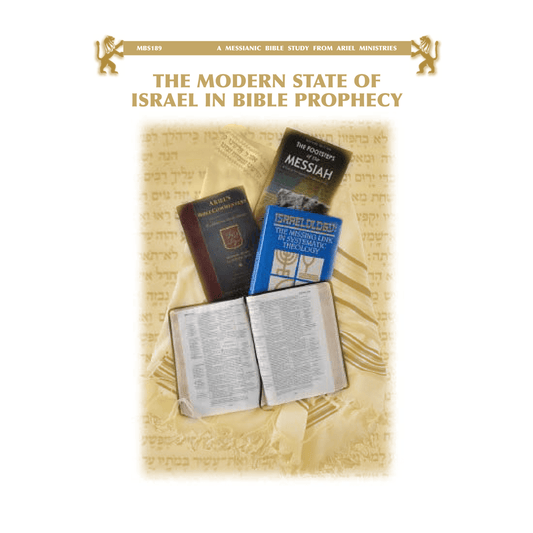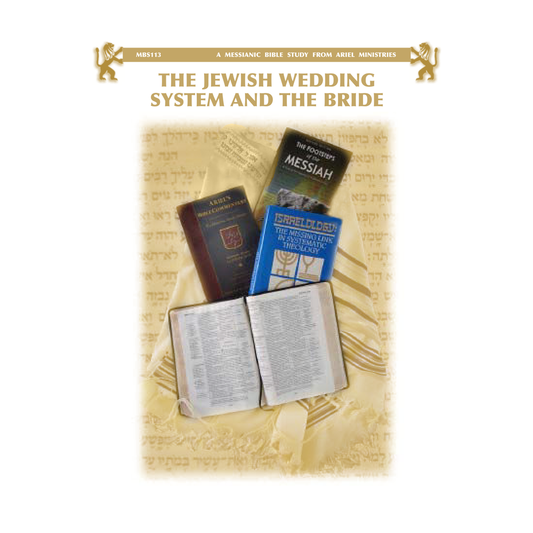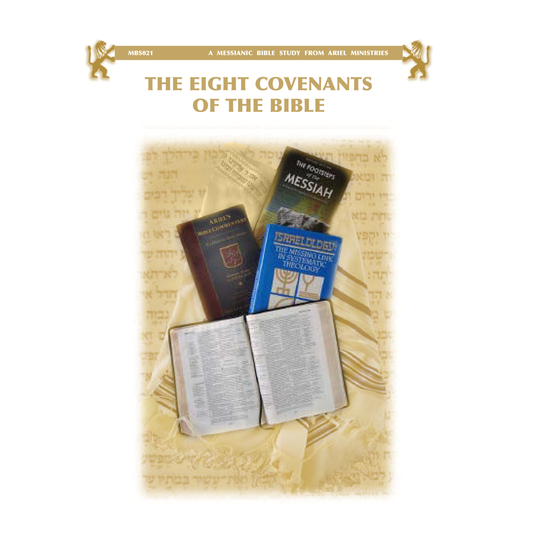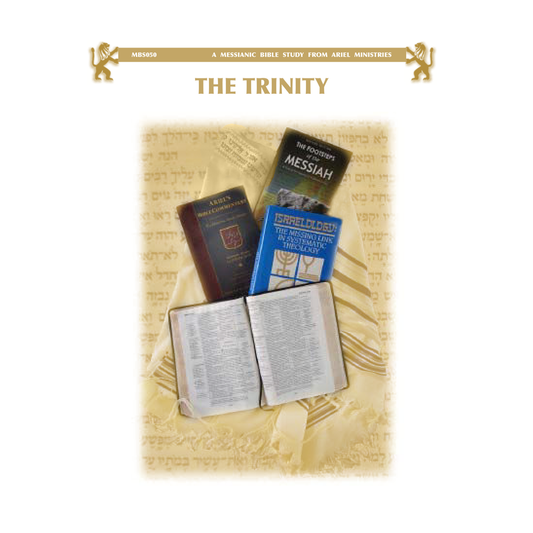The Believer's Responsibility Regarding Apostasy
The Scriptures outline this responsibility in three areas.
First, believers are not to fellowship with apostates. On this point, there has been too much extremism. It must be kept in mind that an apostate is not merely an unbeliever, nor is he merely a member of an apostate church. The apostate is one who is actively propagating within the local church the destructive denials of the Trinity, the Virgin Birth, the deity of the Messiah, and the Second Coming. The apostates that the Bible speaks of are not merely unbelievers; they are teachers of apostate doctrines who propagate their destructive denials.
That the believer is not to fellowship with such an individual is spelled out in 2 John 7–11. So if someone fits the description portrayed here, fellowship is forbidden, even to the point of not allowing him into one’s home.
The second obligation concerns the apostate who is in the local church. If a member is found proclaiming a destructive denial, he is to be ousted from the church as Paul stated in Galatians 1:8–9. If anyone in the local church is found to be apostate, he is to be declared anathema, which means “untouchable.” So, in relationship to apostates outside the church, the believer is not to fellowship with them. In relationship to apostates inside the church, they are to be ousted from the church.
But the third area of responsibility concerns the situation where apostates are in control of the leadership of the church and cannot be ousted. What should a believer do in this case? The obligation here is separation from the church, for he is to be separated from apostasy. In 2 Timothy 3:5, after characterizing apostasy as having a form of godliness, but having denied the power thereof, Timothy is admonished from these also turn away. Timothy was urged to separate himself from such apostasy.
A more extended treatment of this problem is found in 2 Corinthians 6:14–7:1: Be not unequally yoked with unbelievers: for what fellowship have righteousness and iniquity? or what communion has light with darkness? And what concord has Christ with Belial? or what portion has a believer with an unbeliever? And what agreement has a temple of God with idols? for we are a temple of the living God; even as God said, I will dwell in them, and walk in them; and I will be their God, and they shall be my people. Wherefore Come ye out from among them, and be ye separate, says the Lord, And touch no unclean thing; And I will receive you, And will be to you a Father, And ye shall be to me sons and daughters, says the Lord Almighty. Having therefore these promises, beloved, let us cleanse ourselves from all defilement of flesh and spirit, perfecting holiness in the fear of God.
This is an important passage for it admonishes the believer to separate himself from the apostates and not continue to worship with them in the assembly.
Verse 14a has usually been used to refer to marriage between believers and unbelievers, but the context is dealing with a worship situation, not marriage. So worshipping with unbelievers is considered an “unequal yoke.”
Verses 14b–16a provide the reasons why this is an unequal yoke. Again, it must be kept in mind that this is in a context of worship. Five questions are asked which, in the Greek, demand negative answers. Five terms are given around which the reasons revolve: fellowship, communion, concord, portion, and agreement. There can be no fellowship between unrighteousness and righteousness. Believers are a part of righteousness, whereas unbelievers are part of iniquity, and there can be no fellowship between the two in the same church. Furthermore, there is no communion between light and darkness. Believers are of the light, but unbelievers are of the darkness; there is no common ground between the two. There can be no concord between the Messiah and Satan. They have two separate areas of operation; they have two distinct programs. The believer is part of the Messiah’s program, while the unbeliever is part of Satan’s program. The believer has no portion with unbelievers. One is destined for Heaven and the other is destined for Hell; their two destinies are very different and mutually exclusive. Finally, there is no agreement between the temple of God and the temple of an idol. The believer is indwelt by the Holy Spirit, but the unbeliever is not. Therefore, because there is no fellowship, communion, concord, portion or agreement in the area of worship, worshipping with an unbeliever is an unequal yoke.
In verse 16b, Paul gives the basis for separation; that is, that we are the temple of God. Since we are the temple of God, we are not to place ourselves in a worship situation with unbelievers.
In verse 17a, the command of separation involves three phases: first, Come … out from among them; secondly, be … separate; and thirdly, touch no unclean thing.
In verses 17b–18, a promise is given to those who comply and separate themselves. Just as there are three phases of separation, there are three statements of promises for those who obey: first, I will receive you; secondly, I will be to you a Father; and thirdly, you will be to me sons and daughters.
In 2 Corinthians 7:1, the passage concludes by urging the believer, on the basis of these promises, to follow through on his separation from apostasy where necessary.
Thus, when faced with apostasy, we are first, to have no fellowship with them; secondly, oust apostates from the church; or thirdly, separate from them if apostasy is in control of the church.
Excerpt from Dr Arnold Fruchtenbaum:
[MBS033 THE SEVEN CHURCHES OF REVELATION: Pg 25-27]





